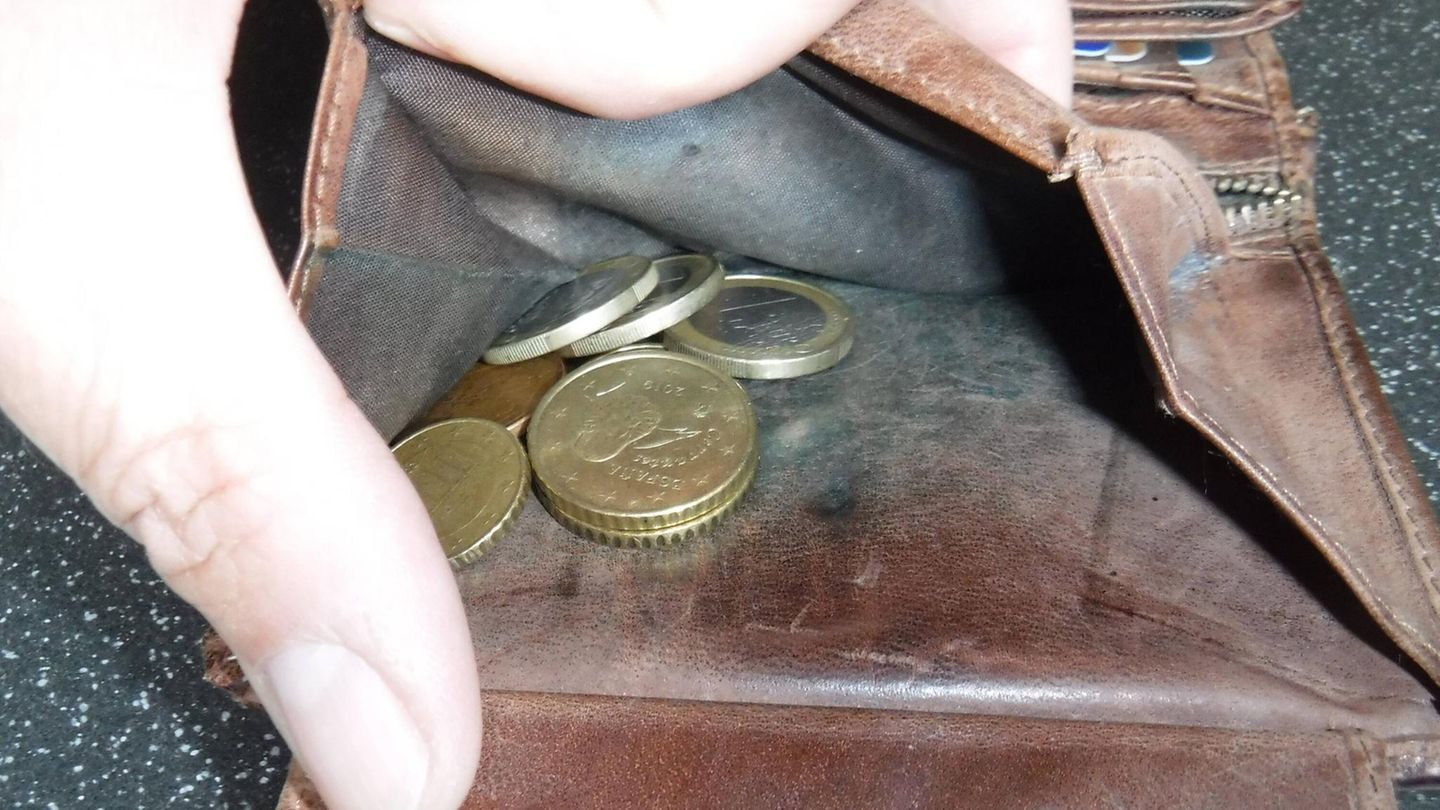The hospital and medical company had long suffered from the consequences of the pandemic. The situation at Fresenius is now improving. However, increasing numbers of infections and mutations remain a danger.
The medical group Fresenius is recovering surprisingly strongly from the pandemic and expects slightly better business.
Germany’s largest private hospital operator benefited from more treatments in its clinics in the second quarter, but the liquid medicine and infusion manufacturer Fresenius Kabi and the health care provider Vamed also made gains. However, further losses at the dialysis subsidiary Fresenius Medical Care (FMC), which is also listed in the Dax, where many people with chronic kidney disease continue to die of the coronavirus.
From April to June, Fresenius increased sales by 4 percent over the same quarter of the previous year to a good 9.2 billion euros. The bottom line was that the profit rose by 15 percent to 471 million euros. Fresenius boss Stephan Sturm was satisfied, but warned of virus mutations and rising corona numbers. “Despite the ongoing effects of the pandemic, we achieved very healthy growth in sales and profits. The increased vaccination rates in many of our important markets are encouraging, but of course the pandemic is not over yet, ”said Sturm on Friday. The original assumption that the framework conditions will improve in the second half of the year is increasingly in jeopardy.
Fresenius Helios’ business with around 90 clinics in Germany suffered from the pandemic. Many people stayed away from hospitals for fear of infection and postponed non-urgent procedures. Now such treatments picked up again strongly. Demand was particularly high in Fresenius clinics in Spain.
The liquid medicine provider Kabi was meanwhile able to grow with growth in emerging countries and China, thereby offsetting the negative effects of price pressure in North America. The project subsidiary Vamed, which provides services for clinics and other health facilities, made it back into the black.
The dialysis provider FMC, on the other hand, continued to suffer from the pandemic. While sales fell by 5 percent to 4.3 billion euros, profits collapsed by 38 percent to 219 million. However, in the same quarter of the previous year, the company also benefited greatly from government corona aid in the USA. In the spring, FMC shocked investors with the forecast of a slump in earnings this year.
Because of the recovery at Fresenius, management raised the annual targets. It now expects an increase in profit adjusted for special effects and currency effects in the low single-digit percentage range for 2021. Before that, Fresenius wanted to keep the result “at least roughly stable”. Sales should continue to grow in the low to mid single-digit percentage range after adjusting for currency effects.
In order to increase efficiency, Fresenius had announced a savings program that should bring in more than 100 million euros per year by 2023. These include lower administration and purchasing costs as well as optimized production. Fresenius could also separate itself from clinics: It was now said that “one focus is on the strategic review of the hospital portfolio”.
For FMC, details to review the business model are to follow in the fall. Fresenius boss Sturm defended the group’s position at the general meeting in May and denied speculation about a possible sale of the 32 percent stake in FMC.
Jane Stock is a technology author, who has written for 24 Hours World. She writes about the latest in technology news and trends, and is always on the lookout for new and innovative ways to improve his audience’s experience.




